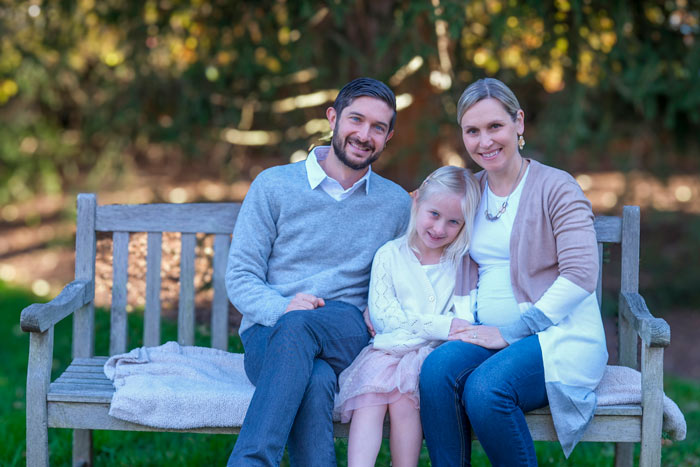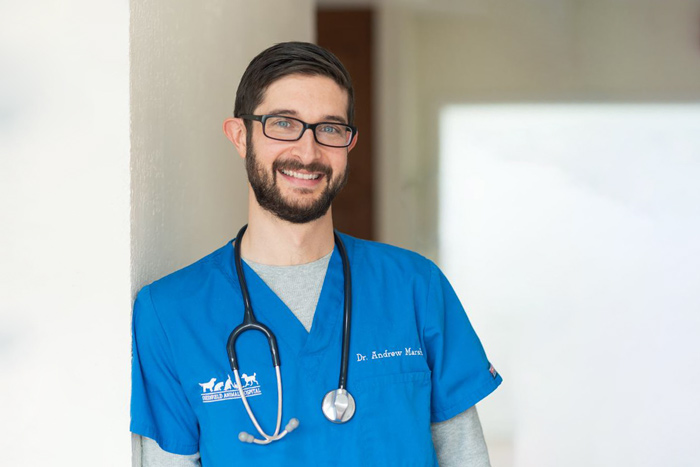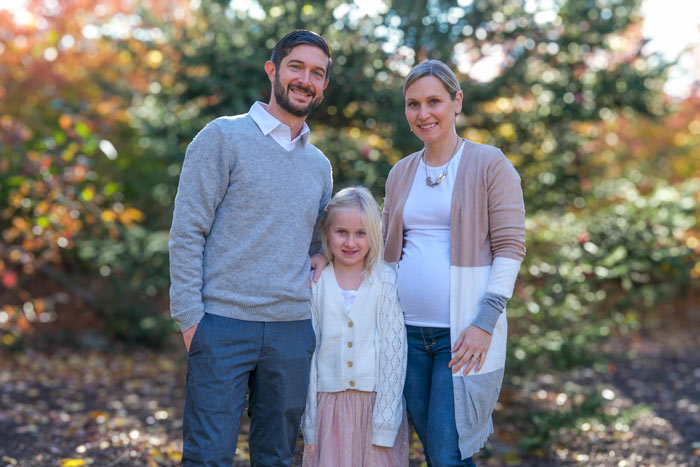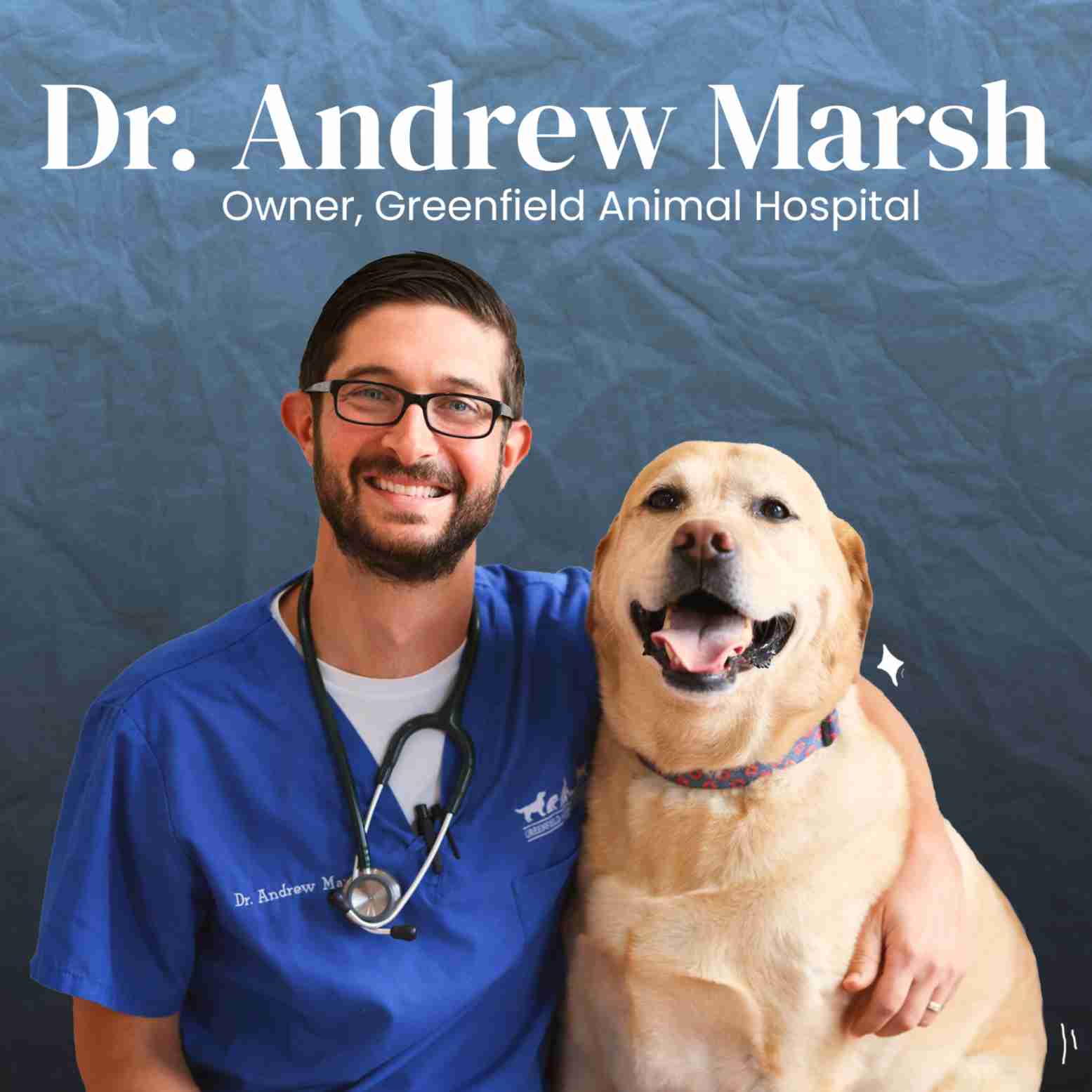CATEGORIES
Health and Wellness | People We Admire | Well-BeingOverview:
- The trajectory of life is unpredictable and can lead to unexpected yet fulfilling paths.
- Transformative moments can alter one’s life purpose.
- Nurturing the human-animal bond is a fundamental, holistic approach to animal care.
- Addressing malpractices requires a community effort and thorough consideration.
1. What was your childhood like and how did your experiences shape who you are today?
I come from New England, USA, where my father’s veterinary profession greatly influenced me. From the age of 12, I was actively involved in our animal hospital which I officially joined at 16. Raised in the realm of veterinary medicine, my father initially practiced mixed animal medicine, catering to dogs, cats, large animals, and even horses. Despite my initial decision to pursue a different path, my ambition to be a human physician waned due to a lack of real passion for it during my undergraduate years. Later on, my experiences in college altered my trajectory, igniting my underlying passion for veterinary medicine and steering me toward a fulfilling career.

2. Throughout your journey, who were your significant mentors or role models?
My father was one of my first mentors. Working with him instilled in me the importance of having composure around animals, letting them approach, and maintaining calm amid chaos. I’ve been fortunate to have remarkable mentors during my academic journey, at Ohio State University and the University of Minnesota.
Surprisingly, my most impactful mentor wasn’t human; it was the first dog I rescued, Sophie. Bonding with her led me to delve deep into understanding animal behavior. Sophie became a catalyst for my academic dedication, resulting in a remarkable GPA shift from 2.8 to 4.0, demonstrating that genuine passion and application supersede inherent genius. My transformative journey with Sophie shaped my vocation profoundly. I owe much of my success to those post-hurricane Katrina experiences.
3. What was the most memorable moment during your professional journey?
During my college years, my engagement in veterinary experiences, though often involving rescue work of various animals, was overshadowed by a lack of focus. The turning point was Hurricane Katrina. While I was preparing for my junior year in New Orleans, the hurricane’s aftermath led to the closure of my college. Opting to return home, I delved into human hospice care, an unexpected yet valuable experience.
However, the real shift happened during my visits to local dog shelters, pounds, and rescue facilities. There, I encountered a group of rescued puppies. Sophie, a 6-month-old pup, stole my heart. Sophie became a transformative force, redirecting my life’s course and infusing me with newfound purpose and determination to practice veterinary medicine.

4. What would you consider your biggest achievement as a veterinarian?
I’ve been practicing for about 10 years. I met my wife in vet school in Ohio and she manages our practice. We’ve been building our business and purchasing a new property to expand over the past 3 years. We have a policy of hiring interns from high school and college and immersing them in our programs for vet techs and assistants. But we didn’t really have a facility that was adequate for training these younger folks yet. So I think working to build a facility that is designed to help instruct young mentees is probably what I’m most proud of.
5. What motivated you to choose this profession, and what is the most rewarding aspect of this profession?
The veterinary profession is vocational and laden with challenges. It ranges from the care of healthy pets to those grappling with severe illnesses. In the context of my home country, the United States, there’s a significant undercurrent of mental strain among professionals in this field. It’s no walk in the park to handle the emotional pressures that come with caring for animals, but it’s a path I’ve chosen with confidence. I can’t think of myself in any other profession.
My focus in navigating sensitive situations is geared toward ensuring the well-being of both the pet and its family, providing guidance and support, irrespective of the pet’s health status. The human-animal bond, in my perspective, is closely linked to the physical and mental health of both the owners and their pets. I hold the belief that with efforts to understand and nurture this bond, we can contribute to a more compassionate and empathetic world.

6. What are some tips you would give to every dog parent for their dog’s longer and healthier life?
I look at caring for animals in a two-pronged approach: You have to take care of their physical health as well as mental and emotional well-being. For their physical health, the things we can take control of are maintaining a healthy body condition, providing good food and shelter, and addressing any health issues that may come up. Additionally, one must also support their mental health. You can take care of their emotional well-being by providing them with proper outlets for their energy through exercise, training, and of course, playtime.
Having a pet is like raising children. You need to provide them with good nutrition and also guide them to use their energy in a constructive way. By doing so, you achieve a pet who is healthy as well as content. And when your pet has a great day, equally you will have a great day too.
7. What is your opinion on dog breeding and how do you handle cases of animal abuse and mistreatment? What role do you think veterinarians play in addressing these issues in the community?
I believe there is a responsibility in dog breeding that requires consciousness and careful consideration. Dog Breeding should be done for the right reasons–taking full responsibility for the animals involved. In my experience rescuing dogs in the southern parts of America, I’ve found a deeper emotional connection with rescue dogs compared to those bred for specific purposes. While I avoid being overly opinionated in front of owners, I recognize the sadness in some breeding practices.
I’ve been fortunate to practice in an area where people are generally caring. However, there are cases of serious mistreatment such as rescue pets with BB bullets lodged in them, indicating shootings. Addressing these issues is challenging; my role is to influence individuals and ensure families value their relationships with pets.
Veterinarians play a crucial role in recognizing and reporting signs of abuse. Often there is a common linkage between household abuse and domestic violence on members of the household by the primary abuser of the animal. In building a more compassionate community, addressing systemic issues like dog breeding and poor farming practices is important.
8. Can you share your approach to managing stress in your profession and any hobbies that provide a reprieve from the demanding work you do?
Managing stress in veterinary work is crucial, given the emotional challenges, including end-of-life care and cases of neglect or abuse. My approach involves defining my role as an advisor to families, educating them about their pet’s conditions, and facilitating decisions. Building a positive support group is vital; a team that laughs and supports each other fosters a non-toxic environment. Additionally, decompressing by leaving work behind when you go home is essential for maintaining mental well-being.
Outside work, my passion is creative cooking using fresh ingredients to keep my family healthy. Golf is another great hobby of mine that is often a 4 to 5-hour meditative escape from other thoughts, aside from spending time with my family.
Conclusion:
Sometimes, remarkable life-altering situations can put you on the path to realizing where your potential lies. It is truly essential to appreciate and foster the invaluable connections between humans and animals and this balance of compassion and dedication will indubitably blend into your life and career.


